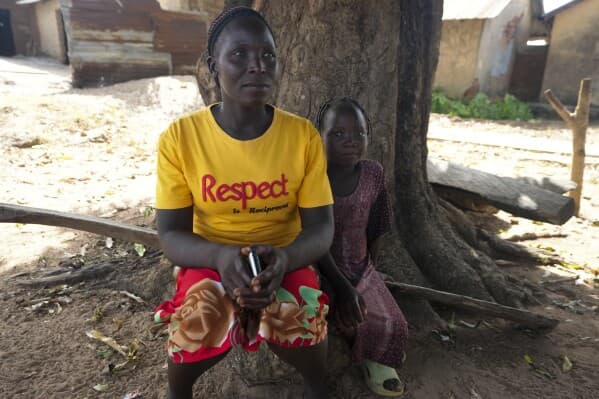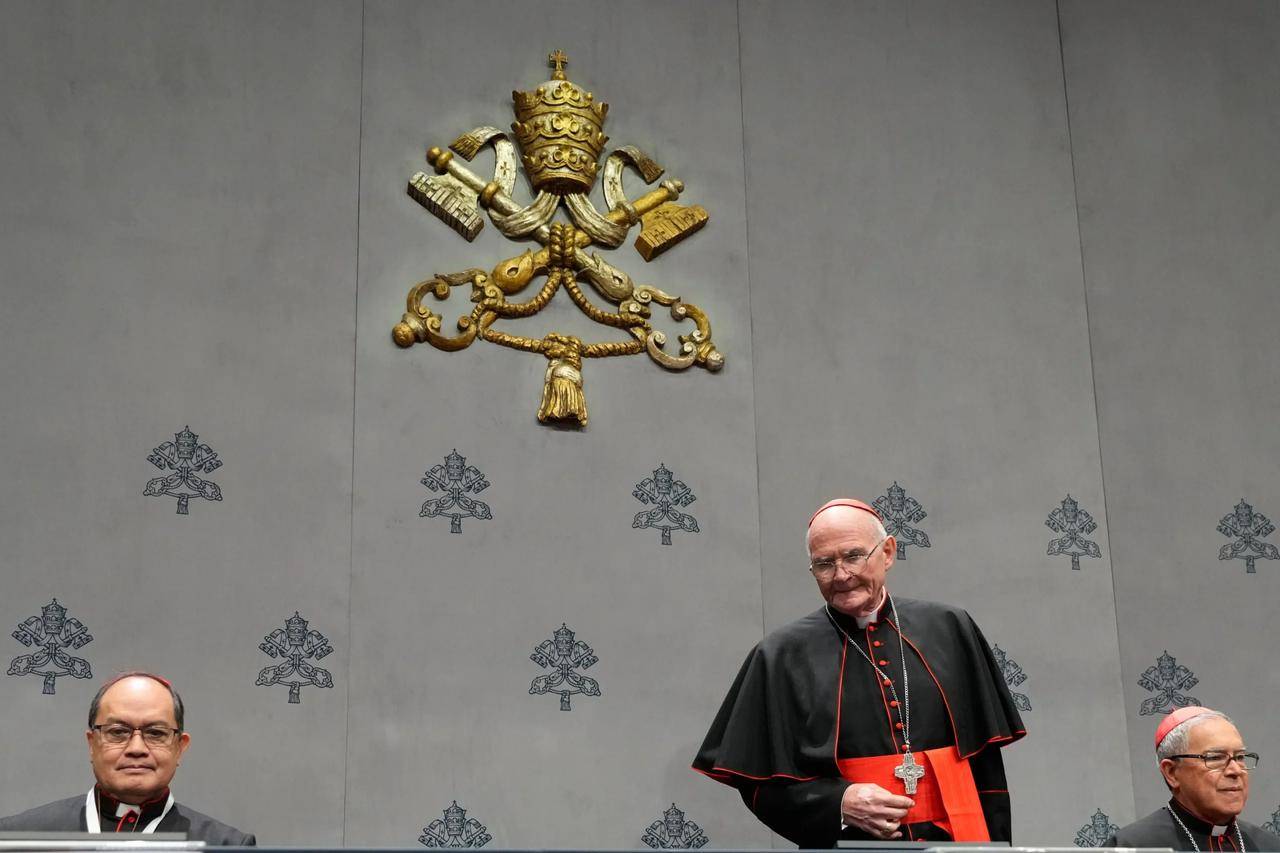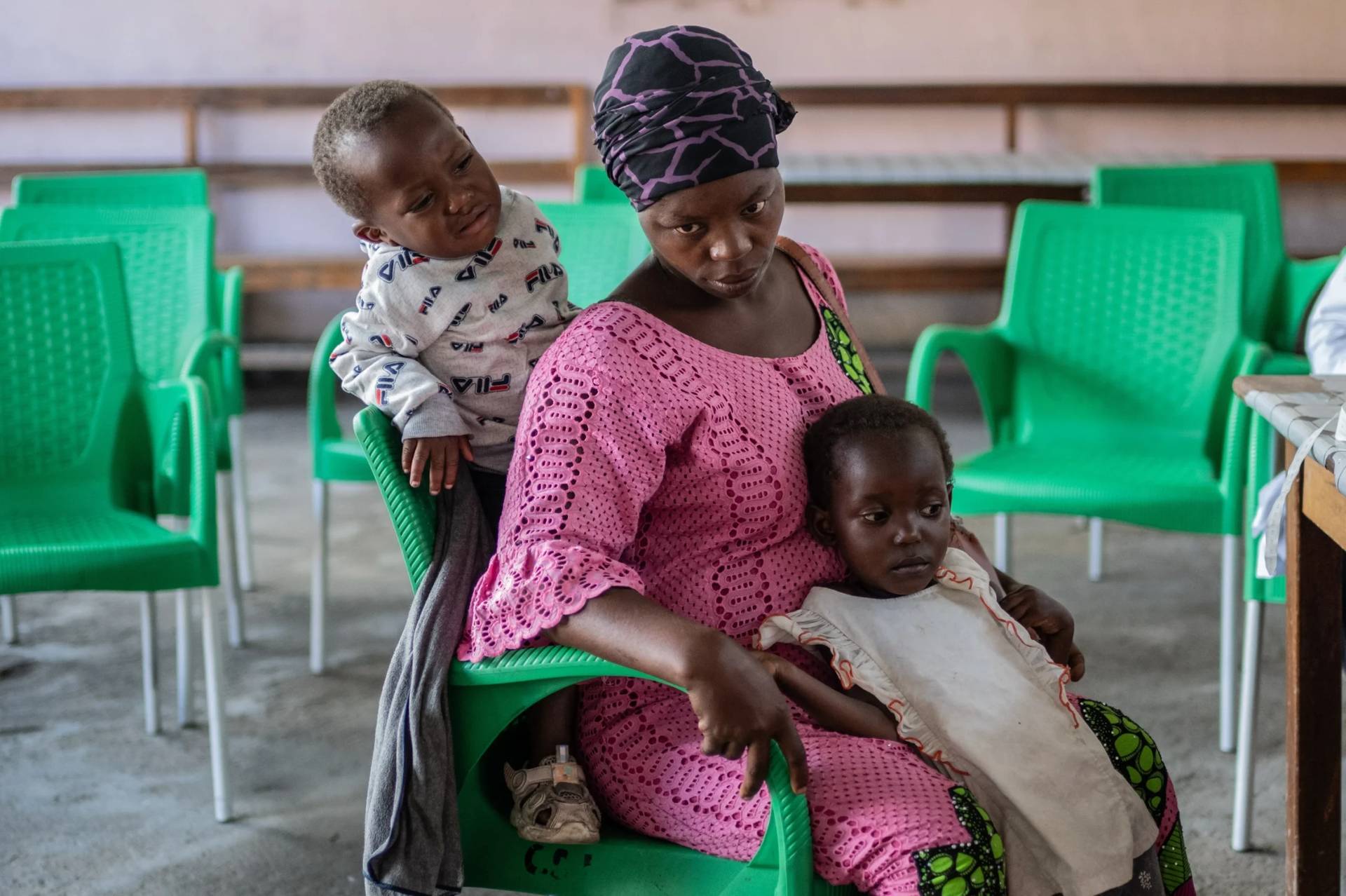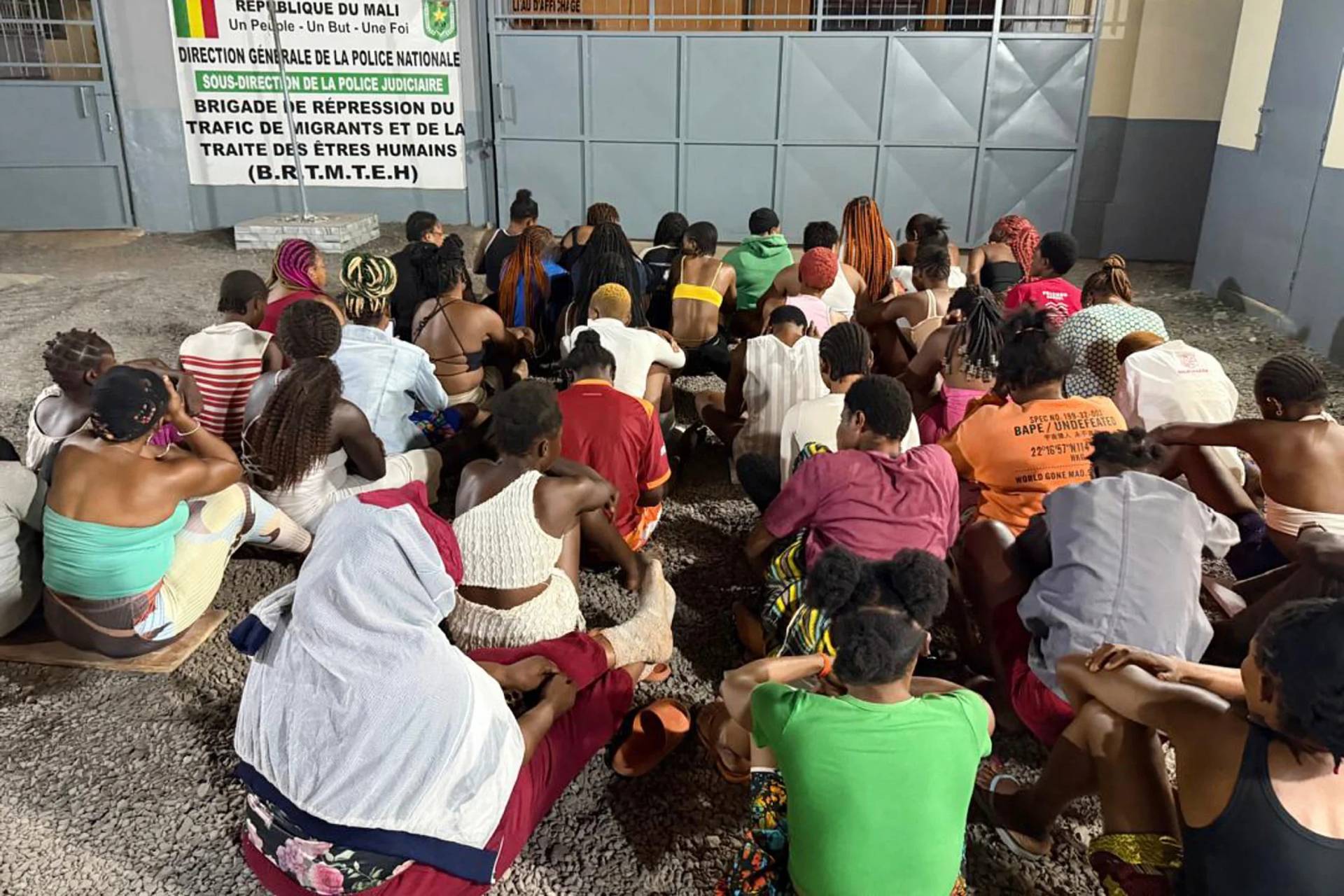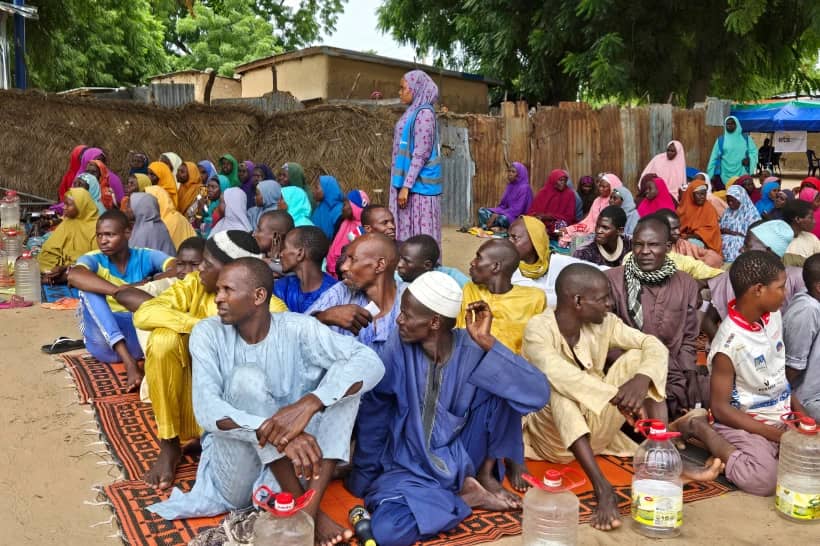YAOUNDÉ, Cameroon – Catholic bishops in Nigeria say it is increasingly harder for the Church to convey a message of hope to Nigerians hurt by hunger.
Africa’s most populous nation is also one of the nations with the largest number of hungry people. The World Food Program estimates that 33 million Nigerians will be food insecure this year – up from 25 million last year.
The country also suffers from pervasive poverty, with the World Bank reporting that more than 100 million Nigerians are poor – such poverty linked to a lack of basic needs like food, water, healthcare, and education
Record inflation, climate changes, and over 15 years of conflict in the country’s north east have combined to push millions into hunger.
“Things are hard. Really very hard. I see it on the faces of our people. We are in one of the most difficult phases of our national life,” said the Bishop Matthew Hassan Kukah of Sokoto in a message sent to Crux.
“Nigeria has lost its soul, and the evidence lies before us all. If we do not really, truly and seriously as individuals in conscience re-examine ourselves and what we believe, we will only sink deeper and deeper,” he said.
The bishops of Ibadan Ecclesiastical Province (IEP) blasted the administration of President Bola Ahmed Tinubu for failing to meet the basic needs of Nigerians. Tinubu came to power two years ago promising to “renew hope” for Nigeria. Two years down the line, “millions of Nigerians still yearn for the most basic necessities of life,” the bishops said.
The hunger figures, according to the bishops, presage a big challenge for the Church’s message of hope in a jubilee year that has as theme “Pilgrims of Hope.”
“Without food for the population, hope is difficult to instill and productivity is diminished because a hungry people is a restive people,” the bishops said February 11.
“It is difficult to sustain hope on hungry stomachs,” the Church leaders added.
Yet, it is hope that is supposed to define the Jubilee Year 2025-a year in which God’s children are set become pilgrims of hope “sowing hope in a world suffering from the impacts of war, insurgency, the climate crisis, poverty and other vices.”
“We urge all our faithful therefore to hold on to that hope which never disappoints us and to believe that God will have the final say by living holy lives,” the statement continues.
Kukah also believes that Nigeria’s problems will be resolved through the power of faith.
“I am optimistic that our country will heal from the scars of hunger and destitution and those of physical and psychological violence. It will heal if, first, we Christians wake up to our duties and responsibilities of what it is to be Christian as an individual, a family, a community or in public life. Politics will not change the fate of our country; neither will all the right economic policies or positive ratings by the world’s agencies,” he says.
The bishops of the IEP say they believe the way forward is for the government to work collaboratively with experts and creative, social engineers to reduce the rate of hunger in society as an added means of strengthening the hope of citizens.
“It should worry the government at all levels that “Ebi npa wa” – meaning “We are hungry” – has become a more popular song on the lips of many Nigerians than the celebrated national, regional or state anthems,” the bishops lamented.
The bishops urged the government to increase investment in agriculture, encourage youth participation, and enhance sustainable food production.
They also called on the government to take measures to reduce the rather high cost of living that sparked nationwide protests recently, leading to the deaths of many people.
The bishops dangled food security as a matter of national sovereignty, suggesting that Nigeria cannot lay claim to sovereignty if its citizens can’t feed.
“This is even true of Nigeria, which is well-endowed with all the necessary ingredients for food sufficiency,” the statement says.
The Church leaders also expressed concern over the rising insecurity in several parts of Nigeria. The country has since 2009 been battling a Boko Haram insurgency in the north, but several terrorist organizations, including Fulani herdsmen have already made their bed in the South East.
In a report titled “Nigeria: Ocean of Innocent Blood Flowing in the East”, published on December 22, the International Society for Civil Liberties and Rule of Law (Intersociety) accused both the Nigerian military and non-state armed groups of committing atrocities against civilians.
